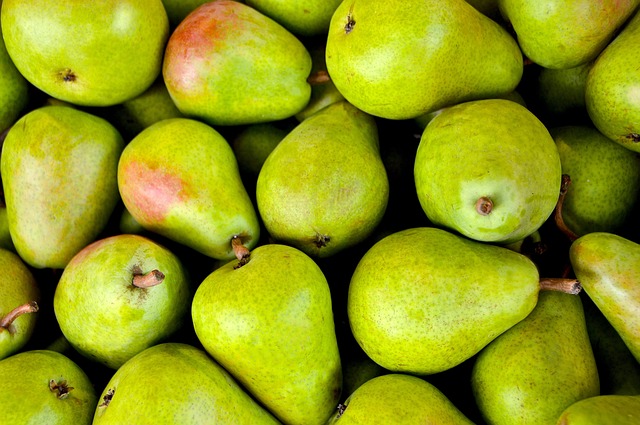(Supercharging Weight Loss Efforts with Probiotic Power)
In the quest for shedding some extra pounds, many people turn to various diets and exercise routines. While these are indeed essential components of a successful weight loss journey, there is another factor that is often overlooked – the role of our gut bacteria. Yes, you read that right! Our gut health plays a significant role in weight management, and that’s where probiotics come into play. In this article, we will explore how probiotics can supercharge your weight loss efforts and help you achieve your desired goals.
Understanding Probiotics and Gut Health
Probiotics are live bacteria and yeasts that are good for our health, especially for our digestive system. These beneficial bacteria can be found in various foods and supplements. Our gut is home to trillions of microorganisms, including both good and bad bacteria. When the balance between these bacteria is disrupted, it can lead to various health issues, including weight gain and difficulty in losing weight.
Studies have shown that the gut microbiota of overweight and obese individuals is significantly different from those who maintain a healthy weight. This imbalance in gut bacteria can affect metabolism, inflammation, and even hunger-regulating hormones. By introducing probiotics into your diet, you can help restore the balance of your gut bacteria and improve your overall gut health.
Probiotics and Weight Loss
There are several ways in which probiotics can aid in weight loss. Let’s take a closer look at some of the mechanisms behind the probiotic power:
1. Regulation of Appetite and Hunger Hormones
Probiotics, particularly strains like Lactobacillus and Bifidobacterium, can influence our appetite by regulating the hunger hormones ghrelin and leptin. Ghrelin is responsible for stimulating hunger, while leptin signals our brain that we are full. Imbalances in these hormones can lead to overeating and weight gain. By promoting the release of leptin and suppressing ghrelin production, probiotics can help control cravings and reduce the tendency to overeat.
2. Enhancement of Fat Metabolism
Certain strains of probiotics have been found to enhance fat metabolism in the body. These probiotics can increase the breakdown of fats into fatty acids, which can then be used as an energy source by our cells. By improving fat metabolism, probiotics can potentially help in reducing fat accumulation and aiding weight loss.
3. Reduction of Inflammation
Chronic inflammation in the body can interfere with weight loss efforts. Some probiotic strains have anti-inflammatory properties and can help reduce inflammation in the gut and throughout the body. By reducing inflammation, probiotics can create an environment that is more conducive to weight loss.
4. Prevention of Fat Absorption
Probiotics can also help prevent the absorption of dietary fat in the intestines. They do this by breaking down the fats into smaller molecules, making them less likely to be absorbed by the body. Instead, these fats are excreted through the feces. This not only reduces calorie intake but also helps in reducing overall body fat.
Incorporating Probiotics into Your Weight Loss Journey
Now that we understand the benefits of probiotics for weight loss, the next step is to incorporate them into our daily routine. Here are a few ways to do so:
1. Probiotic-Rich Foods
One of the easiest ways to increase your probiotic intake is by consuming probiotic-rich foods. These include yogurt, kefir, sauerkraut, kimchi, and other fermented foods. Be sure to read the labels and opt for products that contain live and active cultures.
2. Probiotic Supplements
If you find it challenging to consume probiotic-rich foods regularly, you can consider taking probiotic supplements. These are available in various forms such as capsules, tablets, and powders. Consult with a healthcare professional to determine the right supplement and dosage for you.
3. Prebiotic Foods
In addition to probiotics, incorporating prebiotic foods into your diet can also enhance the effectiveness of probiotics. Prebiotics are a type of fiber that serves as food for the beneficial bacteria in our gut. Foods like bananas, onions, garlic, asparagus, and whole grains are excellent sources of prebiotics.
Remember, consistency is key when it comes to reaping the benefits of probiotics. It may







